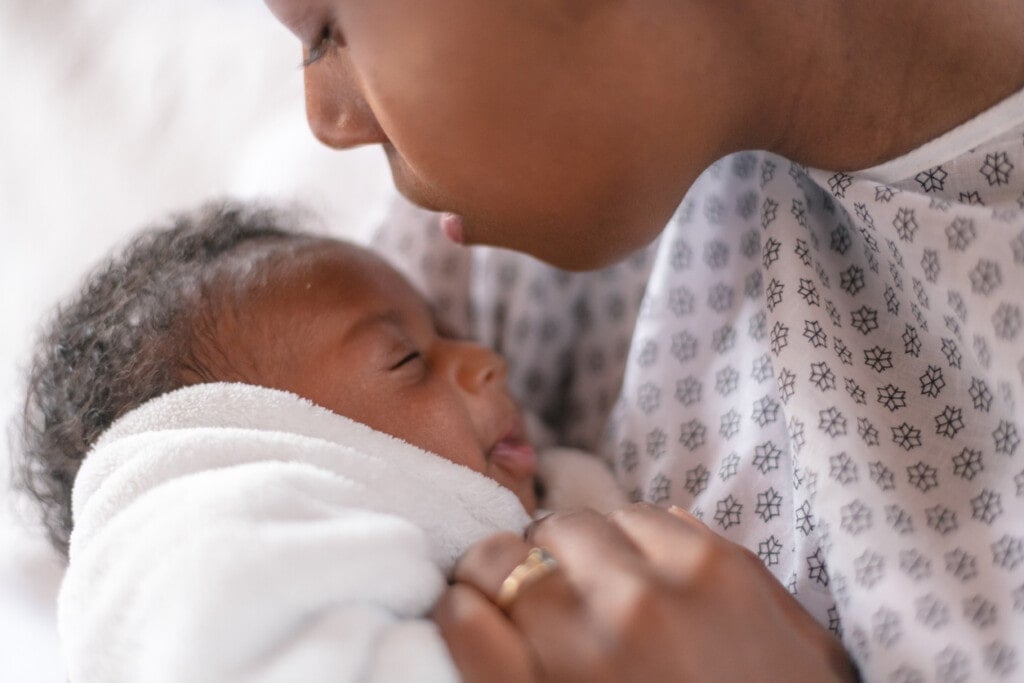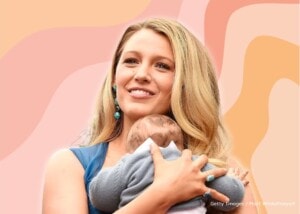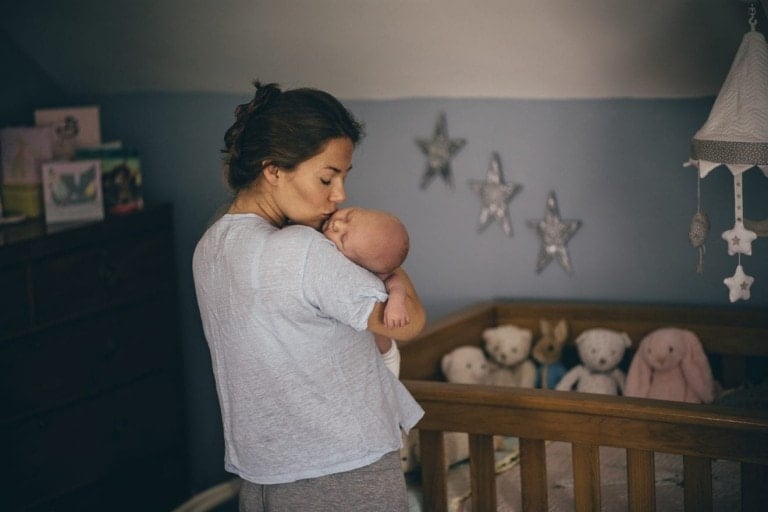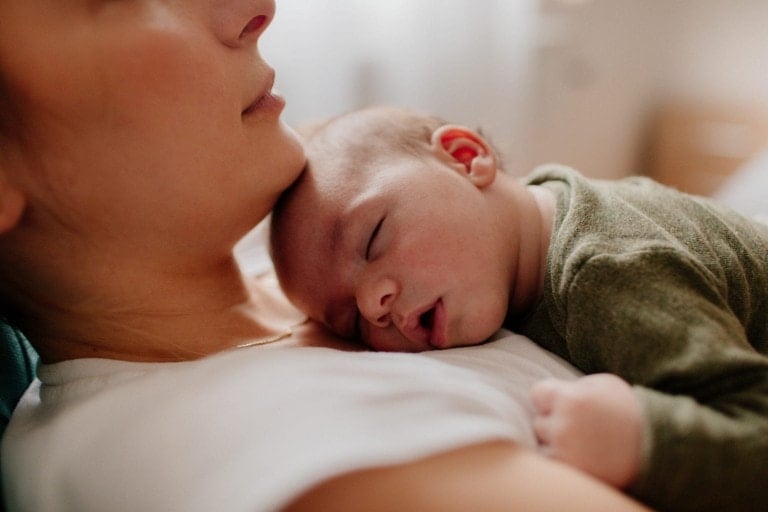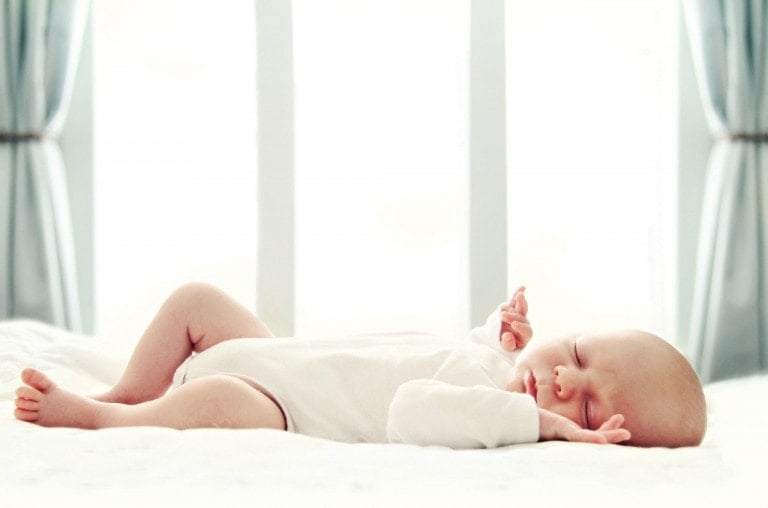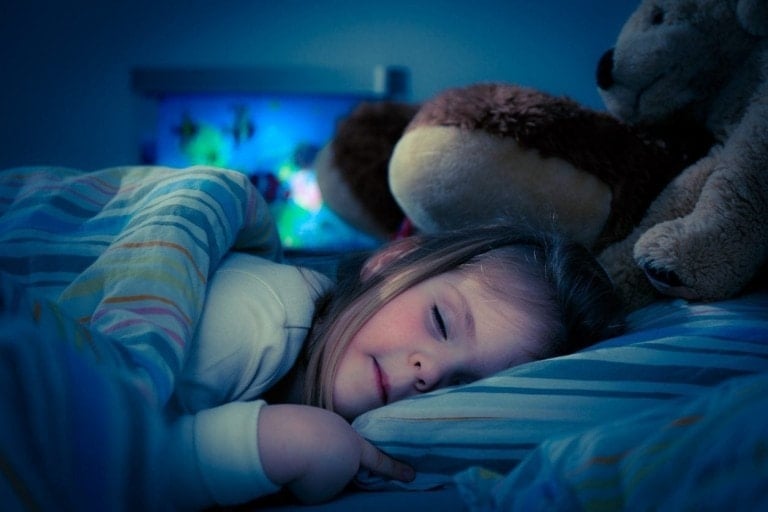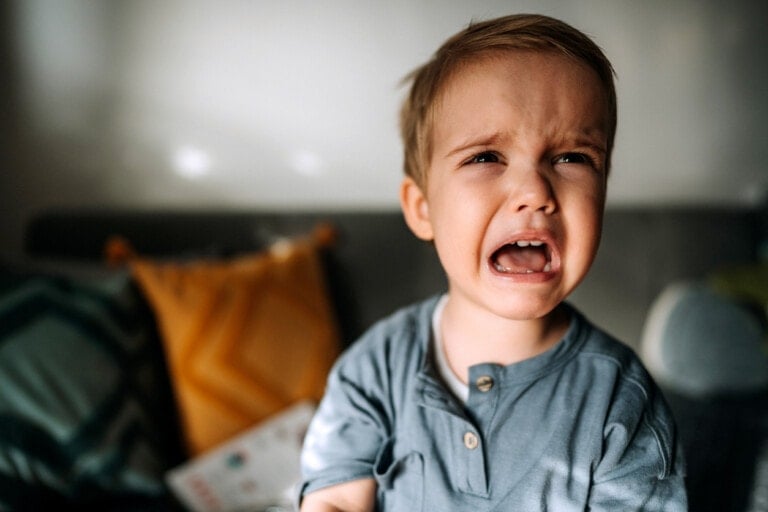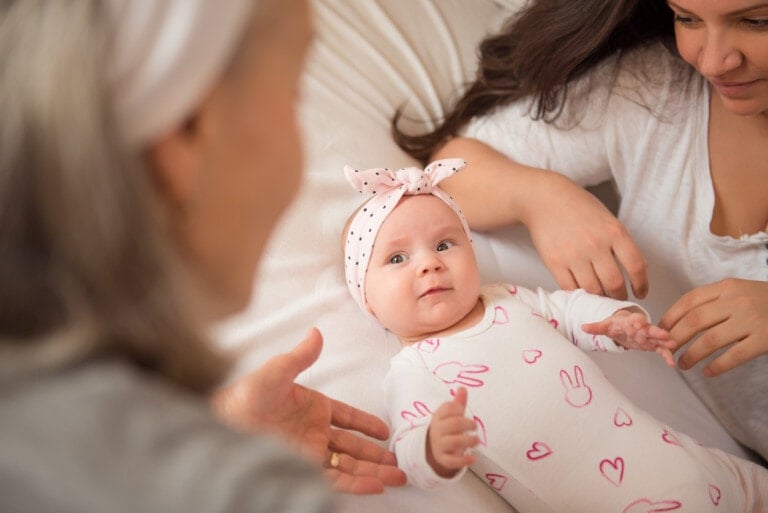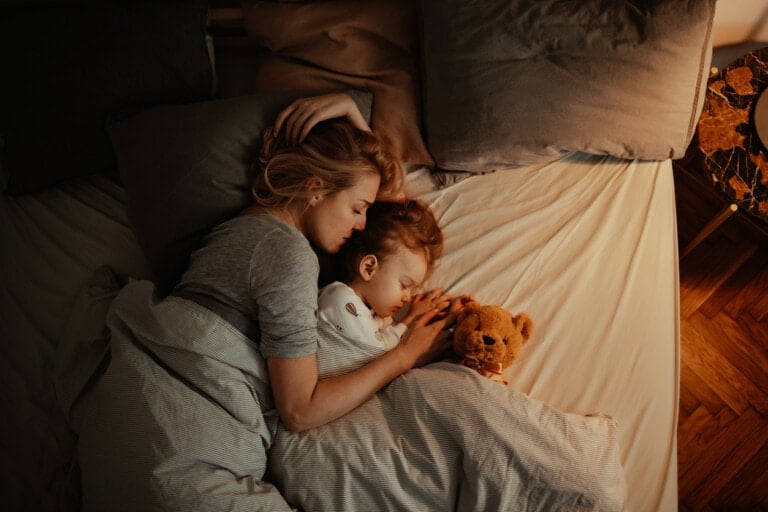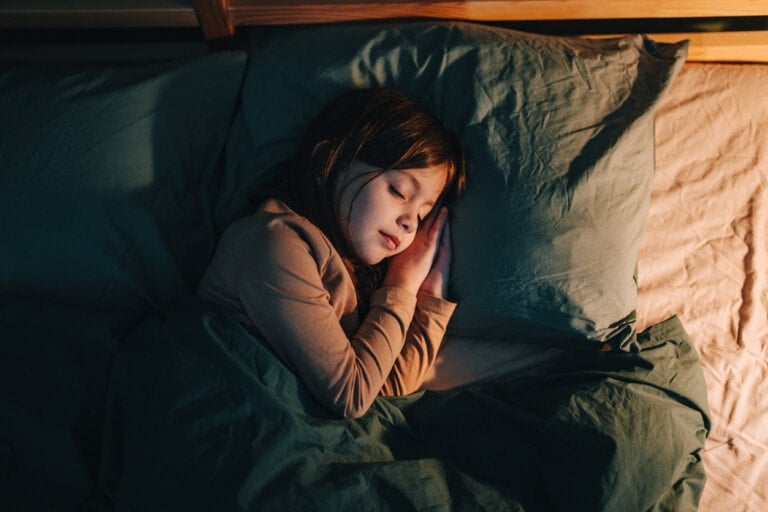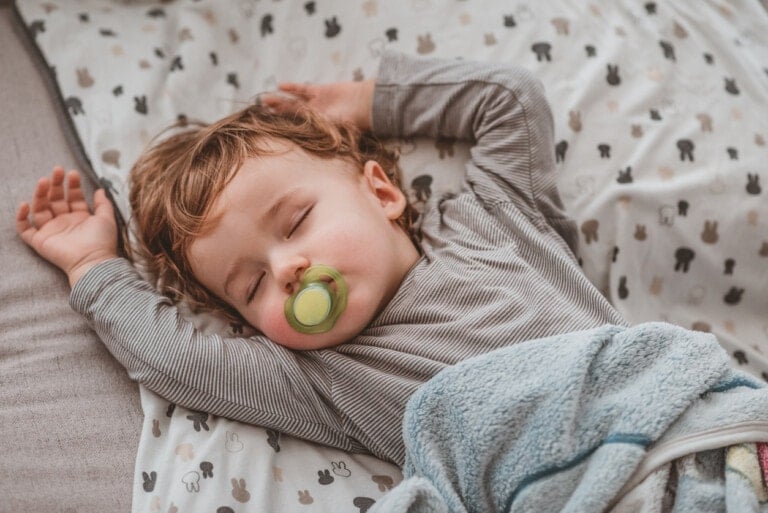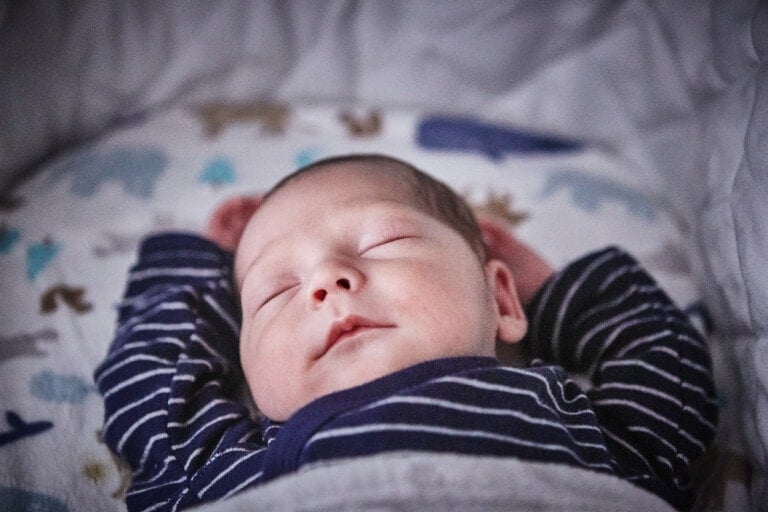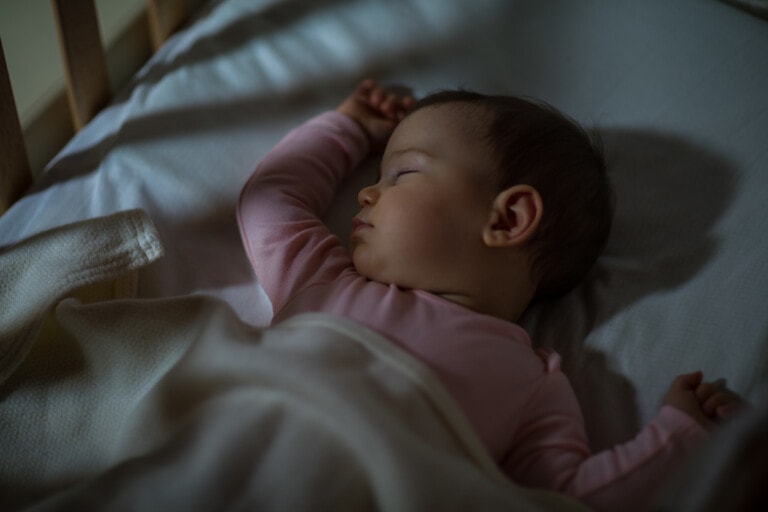New baby essentials, like onesies and hats, are almost always at the top of a parent’s wishlist when they find out they’re expecting. But experts are now advising against adding one popular item to shopping carts and registries: weighted sleep gear.
These products have been gaining momentum thanks to the success of their grown-up counterparts. Many people have celebrated weighted blankets for their ability to do everything from soothing anxiety to helping with sensory issues. However, doctors and safe sleep experts say newborns and infants should never use these products.
Parents Have Been Using the Beefed-Up Swaddles To Get Some Shut-Eye
Weighted blankets and swaddles have become popular thanks to claims that they can help babies recreate the womb’s environment and reduce their startle reflex, which sometimes accidentally wakes sleeping infants.
But Dr. Rachel Moon, a pediatrician at the University of Virginia and chair of the American Academy of Pediatrics’ task force on Sudden Infant Death Syndrome (SIDS), tells NPR that these products are “not safe” and parents should avoid them.
“Some parents like it because the baby will sleep longer and so the parents can sleep longer, but the sleeping longer is actually what is dangerous,” she said in the interview.
Sleep Experts Are Also Sharing Their Concerns
Despite many people singing these products’ praises, people like Michelle Barry, the founder and president of Safe Infant Sleep, say there isn’t enough regulation to ensure their safety.
“We live in a time where, for the most part, if you want it you can find it. The products that are out there are overwhelming,” she told NPR. “It’s great that we have so many options, but at the same time it’s also worrisome.”
Even the Consumer Product Safety Commission (CPSC) has noted some concerning reports about the weighted swaddles and sacks. The CPSC told NPR it has received at least one report of a death. It has also seen complaints about the weighted materials making it harder for babies to move. In some cases, the weighted material has even become dislodged from the chest and moved toward a sleeping baby’s neck!
Their Worries Are Backed Up by Science
Dr. Moon explains that her concerns stem from the fact that a baby’s body can’t withstand extra weight. She notes that their ribs are made of cartilage, a connective tissue far less stable than bone. “So if you put a weight on it, it’s going to deform, and it’s going to press down on the lungs and on the heart.”
Additionally, there’s concern that the products could work too well, enticing infants to sleep through their typical wake periods and miss feedings. What’s worse, she also says a deep enough sleep could prevent them from waking up if they aren’t getting enough oxygen.
The Manufacturers Stand By Their Products
NPR also connected with representatives from companies like Nested Bean and Dreamland Baby. Both say their products allow parents and babies to increase the quality and quantity of their sleep.
“Our products are helping a lot of babies and parents,” Nested Bean’s founder Manasi Gangan told NPR. “Those who have used [them] swear by our products.”
What You Should Do Instead
While it may be frustrating for tired parents to hear that they shouldn’t be using a method that has worked for them in the past, Dr. Moon says there are a few other parent-tested and doctor-approved things you can do instead. “We do recommend swaddling. We do recommend pacifiers. We recommend rocking and shushing,” she explained. “There are a lot of things that you can do, but please don’t use a weighted blanket or swaddle.”













